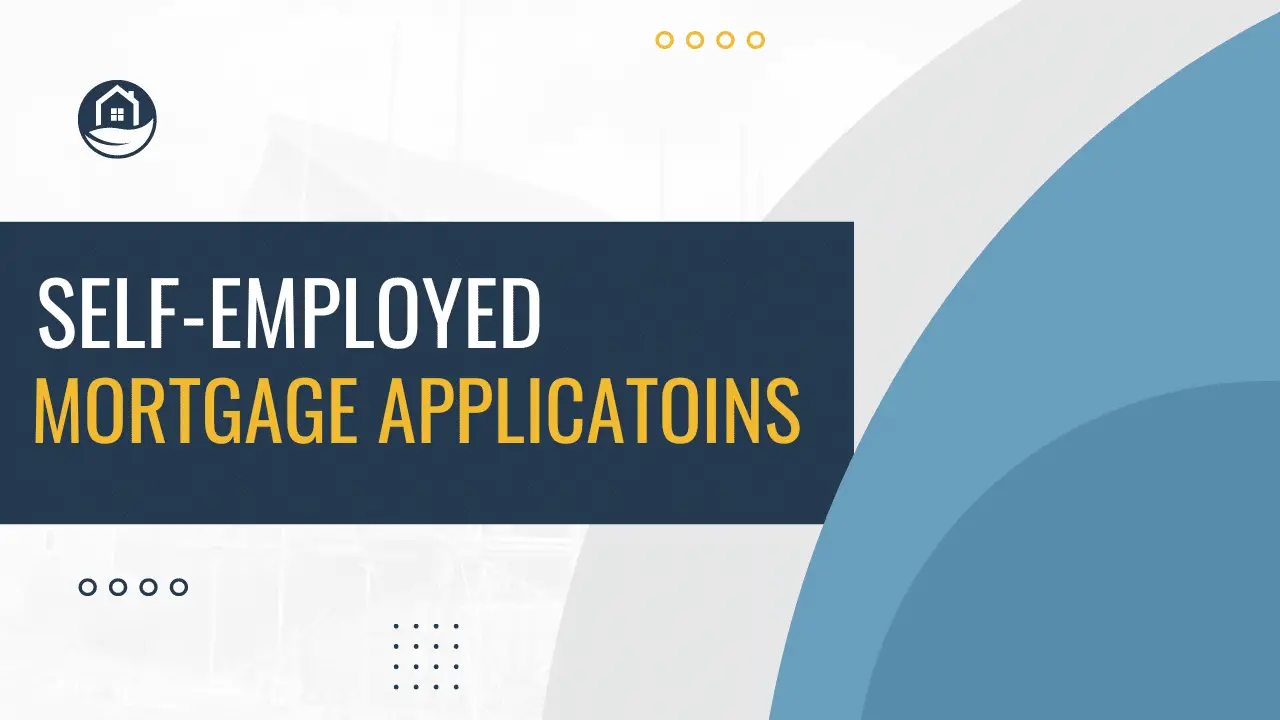Equity Crowdfunding has been a relatively new innovation that is allowing small private companies to give away a portion of their companies equity in return for much-needed cash to grow their businesses. Platforms have been built where these private companies pitch and compete for funding from the public. Similar to a large scale version of Dragons Den. One such platform that currently operates in Ireland is Spark Crowdfunding.

In this blog post, we will look at these investments from the investors perspective and see what risks you should be taking into consideration before investing.
Most Startups Fail
According to Investopedia, the failure rate of startups is around 90%. This will tell you about how risky investing in these new small private companies really is. As soon as you make your investment, there is a 90% chance you will lose some or all of the capital you have invested.
Lack of Financial Information
New companies in Ireland often have financial periods of up to 18 months for their first set of financial accounts. This will mean that publicly available financial statements may not be available to help you assess the performance of the company to date.
Figures and forecasts included in the pitches made on equity crowdfunding platforms may not have been reviewed or prepared by an accountant and are subject to error.
Ability To Redeem Investment
When buying some Google or Apple stocks, there is always a secondary market where you can dispose of your investments. Millions of traders constantly buying and selling these stocks. But when you buy shares in a private limited company in Ireland there is no secondary market to match buys and sellers of these companies.
The aim of most of these startups is to be acquired within the first 5 years and this is the exit strategy for investors. You are essentially locked into owning these shares until that day comes and there are no guarantees it will come.
Dividend Payments Unlikely
It is highly unlikely you will receive dividend payments in any of these companies actively looking for funding on these platforms. The nature of being a small growing company will be that any cash generated in the business will be pumped back into further growing revenues and profits to boost the companies valuation for future potential acquisitions. Dividends as such will not be a priority.
Dilution Of Shareholding
There are also risks that that shares you buy get diluted if the company executives decide to raise more equity share capital in the future. This may happen in most cases when the business needs more cash to push it on to another level. When more shares get issued in the company, the percentage ownership you will have will then decrease.
On a positive note, a lot of companies listed on these platforms will qualify for EIIS relief (The Employment and Investment Incentive Scheme). This scheme entitles you to claim back tax relief of 40% on amounts invested.
Final Thoughts
These are high-risk investments and you should manage your risk appropriately. If you decide to invest, these should form part of a balanced and diverse portfolio of investments.






